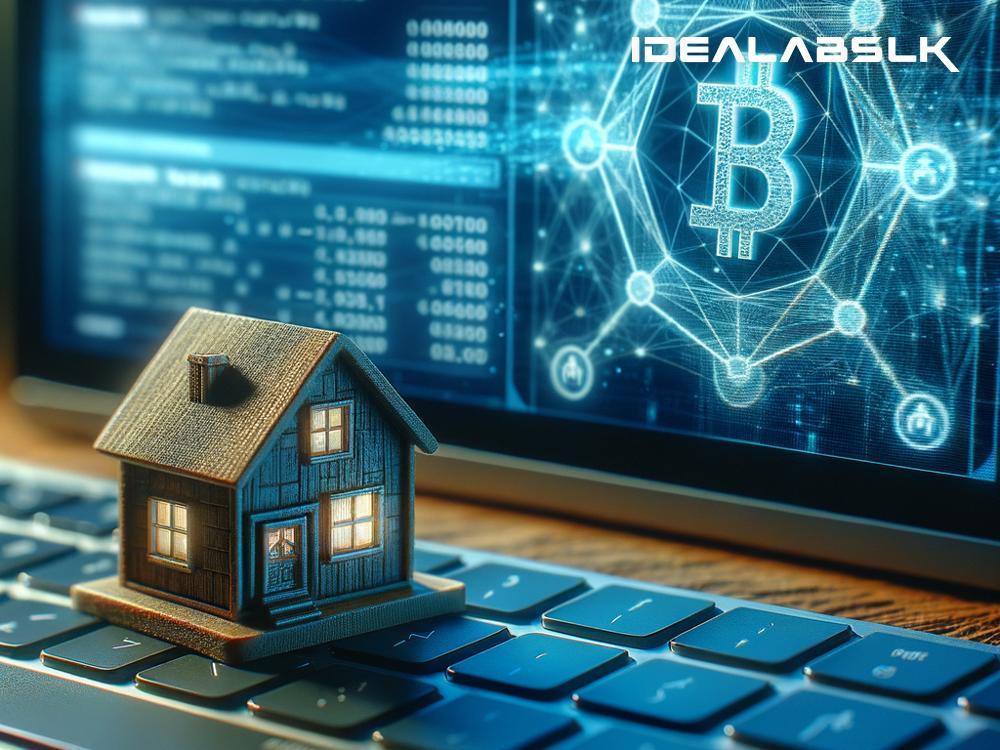Blockchain for Real Estate: Making Transactions Easy with Smart Contracts
In the world of buying and selling property, things can get complicated fast. There are countless documents to sign, checks to write, and keys to exchange. But what if there was a simpler way? Thanks to blockchain technology, particularly smart contracts, the future of real estate transactions is looking a lot brighter and more straightforward. Let’s dive into how blockchain and smart contracts are changing the game for property transactions.
Understanding Blockchain and Smart Contracts
First, let's get to grips with what blockchain and smart contracts actually are. Imagine blockchain as a digital ledger or record book that's not kept in one single place (like a traditional ledger) but is distributed across many computers around the world. This makes it incredibly secure and almost impossible to tamper with.
Now, smart contracts are like regular contracts, but they're entirely digital and run on the blockchain. They are programmed to automatically execute or take action when certain conditions are met, without the need for human intervention. This could mean transferring ownership of a property once payment is confirmed, all done securely and transparently.
The Benefits for Real Estate
The real estate industry stands to gain a lot from incorporating blockchain and smart contracts into its operations. Here are some of the main benefits:
-
Transparency: With transactions recorded on the blockchain, every step of a property transaction is visible to all parties involved, reducing the chance of disputes and making the process more transparent.
-
Efficiency and Speed: Traditional property transactions can take weeks, if not months, to complete. Smart contracts can drastically cut this time down since many of the manual steps are automated.
-
Security: Blockchain’s secure nature means that once a transaction is recorded, it's nearly impossible to alter, reducing the risk of fraud.
-
Cost Reduction: By automating many of the processes involved in property transactions (like escrow services), smart contracts can significantly lower costs for buyers and sellers.
How Does It Work in Real Life?
So, how does this all come together in an actual real estate transaction? Imagine you want to buy a house, and you and the seller agree on the price and terms. These agreements are then coded into a smart contract on the blockchain. Once you transfer the payment (perhaps in cryptocurrency), the smart contract automatically verifies the payment and transfers the property’s title to you. All of this happens without the need for middlemen like lawyers or banks, saving time and money.
Real-world Examples
Though the use of blockchain and smart contracts in real estate is still in its early days, there are some pioneering examples out there. Some companies are creating platforms where sellers can list their properties, and buyers can secure them using cryptocurrencies. These platforms use smart contracts to handle everything from the offer to the final sale, showcasing a significant shift from traditional real estate transactions.
Challenges and Considerations
Despite the potential, there are challenges to widespread adoption. Regulatory hurdles are a significant one, as real estate laws vary greatly from one jurisdiction to another and may not currently accommodate blockchain transactions. Additionally, there's still a learning curve and a need for more widespread understanding and trust in blockchain technology.
Moreover, while the security of blockchain is a significant advantage, it's not entirely foolproof. There have been instances of security breaches, underscoring the need for ongoing improvements in the technology.
Looking Ahead
The journey of integrating blockchain and smart contracts into real estate is just beginning. As the technology matures and becomes more understood, and as regulatory frameworks evolve to accommodate it, we could see a significant transformation in how property transactions are conducted. This could make buying and selling real estate faster, cheaper, and more secure for everyone involved.
In conclusion, blockchain and smart contracts offer a promising glimpse into the future of real estate transactions. By simplifying processes, enhancing security, and reducing costs, they have the potential to revolutionize the industry. However, for this potential to be fully realized, there will need to be a concerted effort from all stakeholders to address the existing challenges. If this happens, the traditional hassle of property transactions could soon become a thing of the past, making the process as simple as clicking a button.

